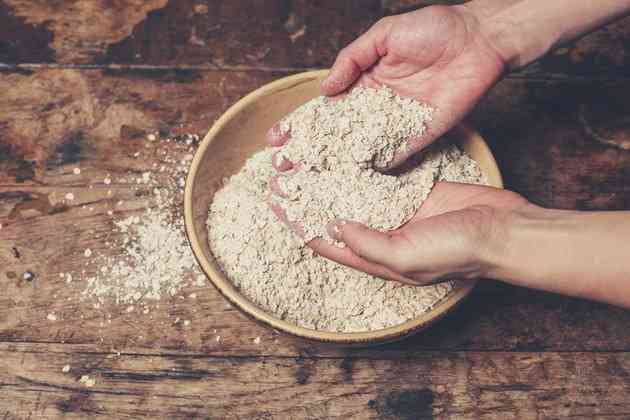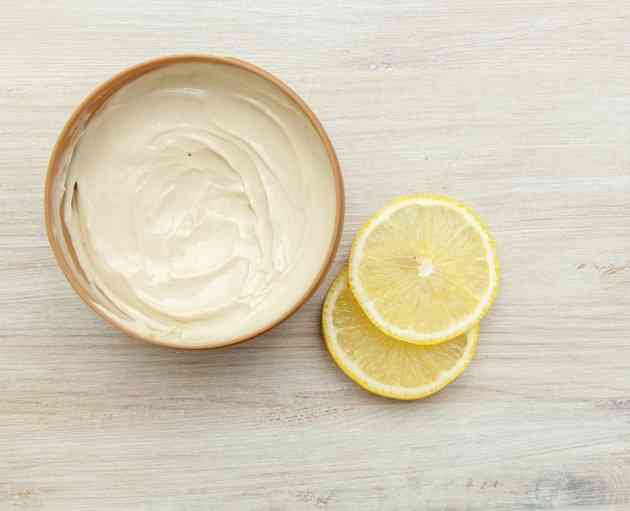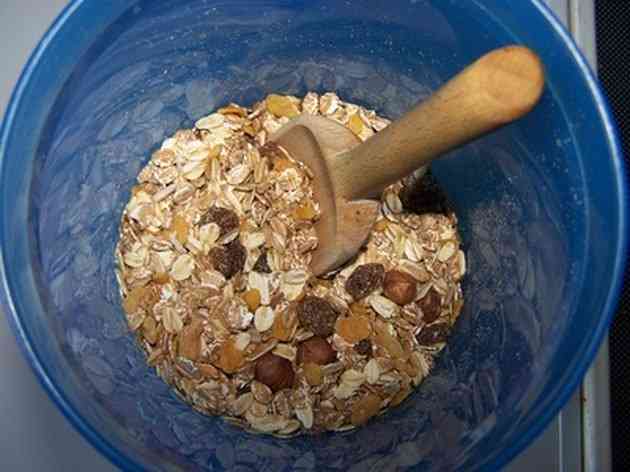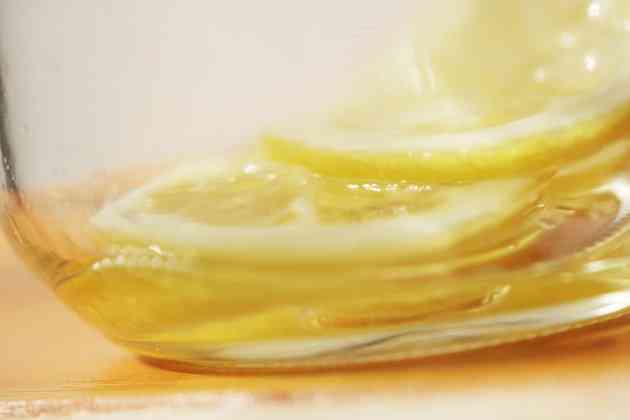Home Remedies for Inflammation

Inflammation is the pain, swelling, redness or warmth that occurs as the immune system responds to injury or illness. It may be caused by a number of conditions, such as ulcerative colitis or arthritis as well as external injuries like burns or insect bites. While it can serve as a beneficial healing mechanism, inflammation can also cause damage when it is chronic or severe. There are a variety of home remedies for inflammation, many of which are comparable to Non-Steroidal Anti-Inflammatory Drugs (NSAIDs) in cost and effectiveness.

Turmeric
A zesty spice known for its bright yellow color, turmeric is an excellent home remedy for inflammation. It contains curcumin--a substance with anti-inflammatory effects similar to those of ibuprofen and other NSAIDs. According to the University of Maryland Medical Center, turmeric can be used to reduce inflammation in conditions such as osteoarthritis, ulcerative colitis and uveitis--a painful inflammation of the eye.
Turmeric may be added to foods, taken in supplement form or brewed into a tea for its inflammation-fighting effects. Since it can thin the blood, turmeric should be used carefully when taking other anti-inflammatory drugs like aspirin or naproxen. The average dose of turmeric for treating inflammation is .5 to 3 g daily.
Ginger
Zingiber officianale--better known as ginger--is a popular culinary herb with potent inflammation-fighting properties. It may be used to treat a variety of inflammatory conditions and, unlike many NSAIDs, is generally well-tolerated in people with gastrointestinal disorders. According to the National Institutes of Health, ginger root inhibits the genes responsible for triggering the inflammatory response, including cytokines, COX-2 enzymes and chemokines.
Ginger root may be used in its natural whole state or powdered form for its healing effects. To make a tea from ginger, add 3 tbsp. ginger powder to 1 cup hot water, cool and drink. Ginger may thin the blood and increase the risk for bleeding, so it should not be taken with other blood thinning medications.
Heat/Cold Therapy
The application of heat and cold to external body surfaces is an effective way to reduce inflammation and pain. Sprains, strains and conditions like arthritis often respond well to these types of therapy. According to Merck.com, heat improves flexibility and reduces muscle tension, while cold helps numb pain and reduce acute inflammation in conditions involving the muscles and joints.
There are many effective ways to utilize heat and cold therapy to reduce inflammation. Hot packs, heating pads, paraffin wax and hot baths are common forms of heat therapy, while ice packs and cold baths or showers are popular types of cold therapy. Cold therapy should not be used by people with circulatory disorders like Peripheral Artery Disease (PAD) or Raynaud's Phenomenon. People with diabetes should avoid hot baths and other forms of heat therapy unless otherwise directed by a doctor.




